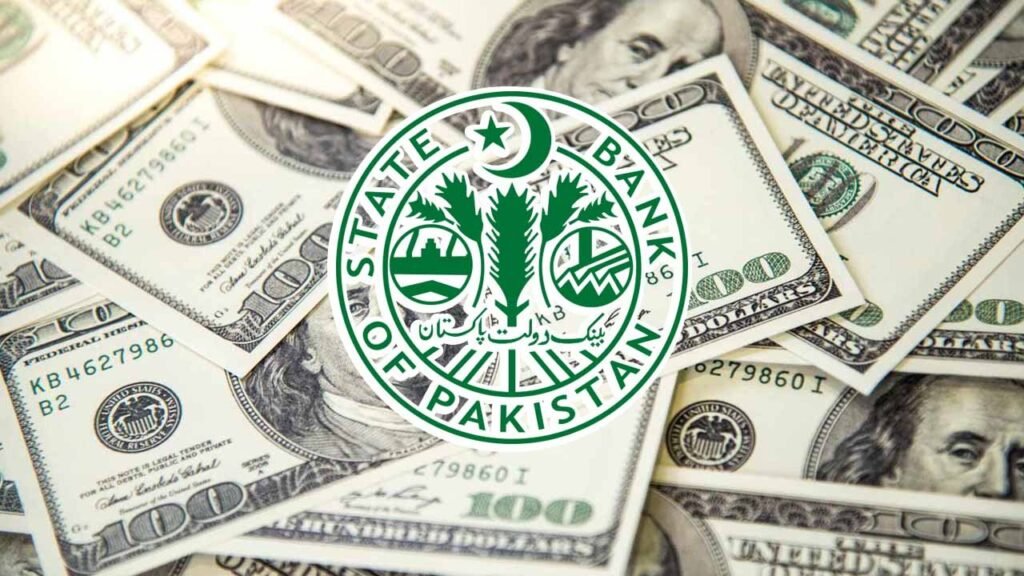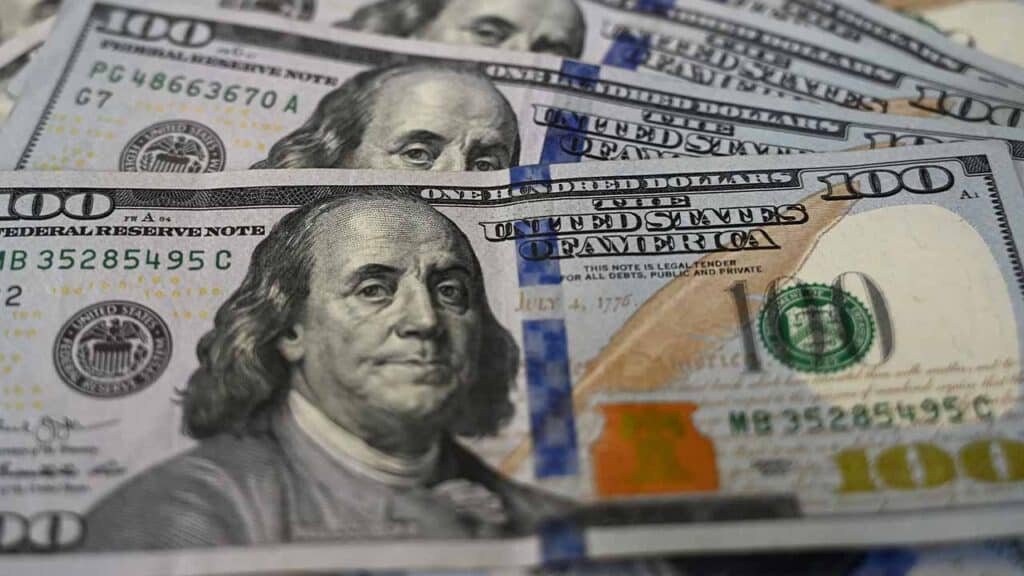Pakistan’s short-term inflation fell by 0.69 per cent in the week ending April 17, 2025, according to the Pakistan Bureau of Statistics (PBS). Compared to the same week last year, inflation has dropped by 2.72 per cent.
The PBS tracks the price movements of 51 essential items across the country. This week, 16 items (31.37 per cent) saw price increases, while 18 items (35.29 per cent) experienced price reductions. Prices of 17 items (33.34 per cent) remained stable.
Notable price decreases were observed in tomatoes (down 22.77 per cent), chicken (down 11.05 per cent), onions (down 9.82 per cent), garlic (down 8.85 per cent), wheat flour (down 2.37 per cent), and potatoes (down 2.18 per cent). Other items that saw reductions included mustard oil, LPG, and vegetable ghee.
On the other hand, significant price hikes were seen in shirting (up 3.68 per cent), lawn prints (up 1.47 per cent), and pulse gram (up 1.03 per cent). Prices of cooked beef, mutton, and some types of rice and milk also increased, albeit by smaller amounts.
Looking at the annual comparison, prices of several items have decreased substantially. Onions and tomatoes saw year-on-year drops of 73.63 per cent and 52.75 per cent, respectively, while wheat flour and garlic prices dropped by 30.14 per cent and 28.94 per cent. Petrol and diesel prices also saw decreases of 13.24 per cent and 10.85 per cent, respectively.
However, some items have become significantly more expensive compared to last year. The price of ladies’ sandals rose by 55.62 per cent, followed by pulse moong (up 27.21 per cent), powdered milk (up 24.71 per cent), and beef (up 19.06 per cent).
Inflation has affected income groups differently. The lowest income group saw a 0.80 per cent decrease in inflation for the week, while the highest income group experienced a 0.64 per cent increase. Over the year, inflation for the lowest income group fell by 3.35 per cent, while the highest income group saw a smaller decrease of 2.11 per cent.
The price of Sona urea, a key agricultural input, dropped by 0.58 per cent from the previous week to Rs4,936 per 50kg bag, reflecting a 9.16 per cent decrease from last year. In contrast, cement prices rose by 0.55 per cent to Rs1,217 per 50kg bag, marking a 15.77 per cent increase from the previous year.
The SPI, or Sensitive Price Indicator, is used by the PBS to measure short-term inflation by tracking price fluctuations of essential items. Data is collected from 50 markets in 17 cities across Pakistan, providing a snapshot of price trends on a weekly basis.






